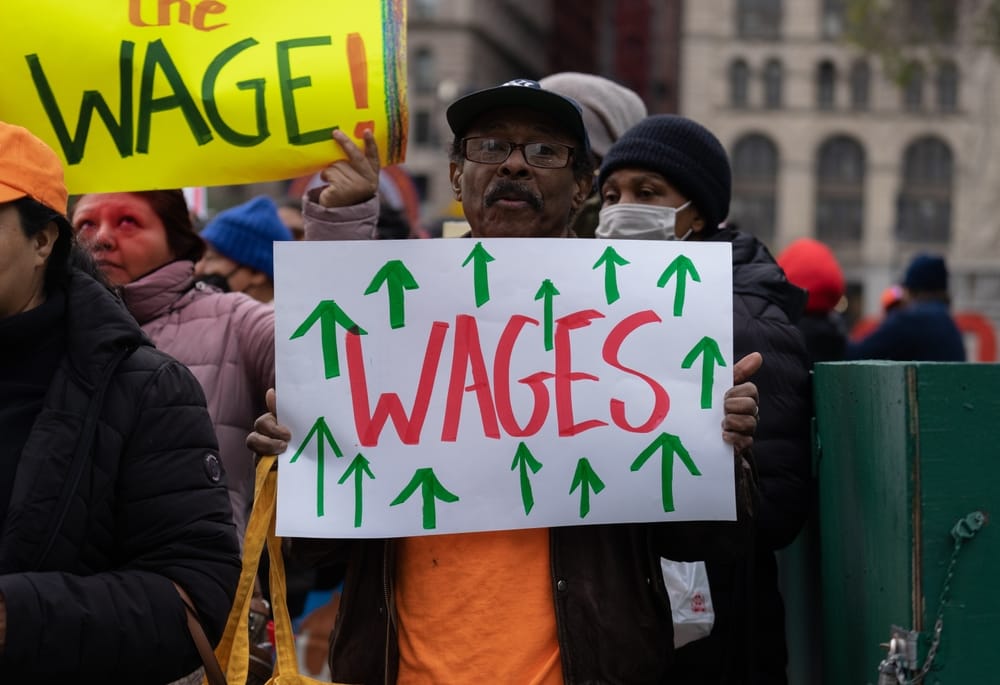Italy’s right-wing parties have caused controversy by rejecting a proposed minimum wage bill, leading to outcry from the opposition. If passed, the bill would have set a minimum wage of nine euros per hour before tax. This decision has sparked criticism from the opposition, accusing the government of neglecting workers facing poverty wages.
Italy currently shares company with Austria, Denmark, Finland, and Sweden as one of the five EU nations where wages are determined solely through collective bargaining. The government has proposed an alternative focused on extending collective agreements to approximately 20% of workers without existing agreements.
Former Prime Minister Giuseppe Conte expressed dissent by tearing up a copy of the government’s bill in parliament. Prime Minister Giorgia Meloni defended the decision, cautioning that setting a minimum wage could paradoxically lower wages. Despite polls indicating widespread support for a minimum wage, opposition comes from small traders, restaurant owners, and farmers who view it as too restrictive.
Divisions also exist within the unions, with some expressing dissatisfaction with the government’s stance. According to OECD data, Italy is the sole European country where real wages decreased between 1990 and 2020. The EU introduced voluntary rules governing the minimum wage in November 2022.
Image Source: Steve Sanchez Photos / Shutterstock













































